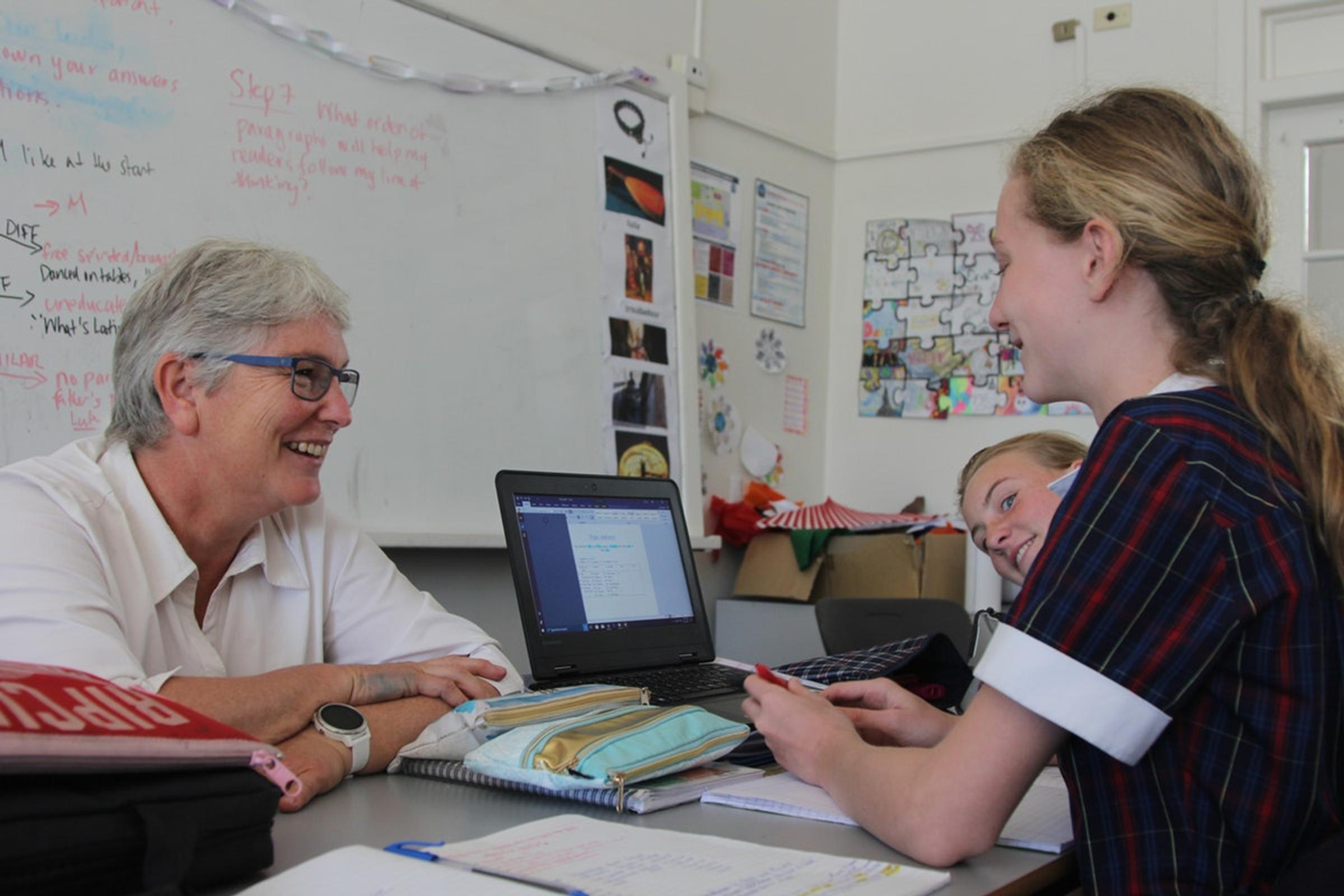Principal's Reflections

From earliest times, when people thought that the sun orbited the earth, to the present day, when a friend of mine reported that she had just taken her dog’s heart-worm tablet instead of her blood pressure medication, human beings have been prone to make mistakes.
I was interested to read of the group of Australians who celebrated New Year in a Qantas flight over Antarctica some years ago. It was the first commercial flight since the Air New Zealand plane which crashed into Mt Erebus in 1979, killing all 237 passengers and 20 crew. After a very lengthy investigation into that disaster and subsequent attempts by various people and organisations to ‘cover up’ the reasons for the crash, it was finally determined that the plane crashed because someone typed the wrong co-ordinates into the plane’s computer. Indeed, just a single digit had been typed incorrectly. Inadequate checking procedures failed to detect what was a simple human error, albeit one with very tragic consequences.
History is littered with such mistakes. Christopher Columbus named those Caribbean Islands the ‘West Indies’ because he thought he had circumnavigated the world from east to west and reached the Indian sub-continent. In 1975, the United States’ President Ford proposed a toast to ‘the people of Israel’ when welcoming President Sadat of Egypt. In the early 1980s, a printers’ error was discovered in a modern Australian Navy chart which could have shipwrecked seamen trying to negotiate the entrance to Port Phillip Bay.
History is, in fact, a remarkable testimonial to human fallibility, as are our daily lives. Whether because of inattention, ignorance, stupidity, carelessness or more subtle psychological causes, people jump to the wrong conclusion, misread instructions, take the wrong turns, press the wrong buttons, type the wrong co-ordinates, swallow the wrong pills, say the wrong words, put on odd socks… the list is endless. And the consequences range from exasperating or amusing to totally disastrous.
Without wanting to play down the terrible consequences of some mistakes, I think we gain more respect for people who, realising they have done the wrong thing, admit it, shoulder the blame, and do all in their power to set things right. That honourable capacity, when accompanying a mistake, raises our appreciation of people and fosters hope and courage in ourselves and others.
That is why one of our traits is: Resilient, adaptable and able to learn from mistakes.
Ms Michelle Crofts
Principal of Matthew Flinders Girls

